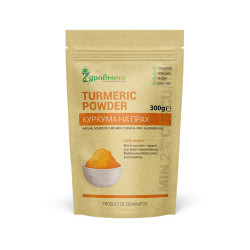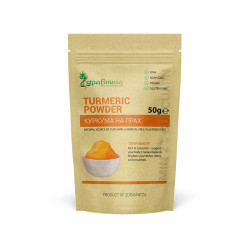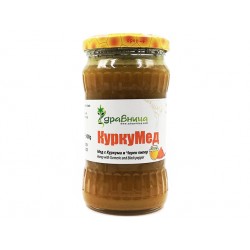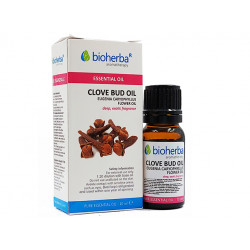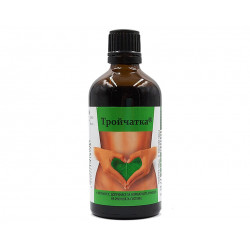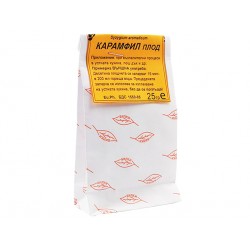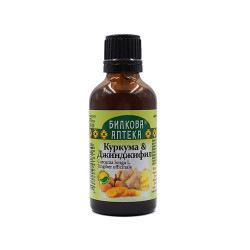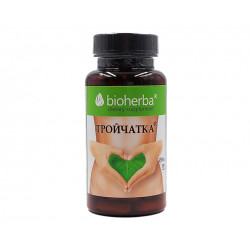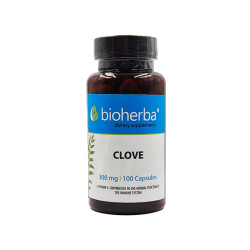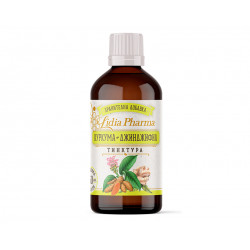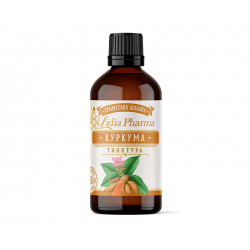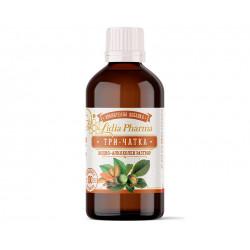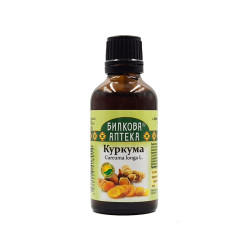The ancient Egyptians, Hindus and Chinese knew cloves long before the new era. In China, for example they approached the emperor with only a clove in their mouth, so that fresh breath would come out.
Like other spices, cloves were a monopoly of the Spanish and Portuguese. The French somehow managed to get a seedling and organized its cultivation at Fr. Amboine.
The undeveloped flower buds of the clove tree, which reaches a height of 25 meters, are used. Its buds are dark brown, but can also be reddish, with a strong pleasant aroma and fiery taste.
You will recognize quality clove buds because they should float upright when immersed in water. Those that are low in essential oil float in the water in a supine position.
Larger clove buds are also available in the market, which are richer in essential oil compared to smaller ones.
Clove essential oil is extracted from the flower buds and other parts of the plant. Its main ingredient is eugenol. Clove oil is mainly used in dentistry as an antiseptic and pain reliever.
The buds of the clove tree are also rich in polyphenols, resins, waxes, sapogenins, fats, etc. It is these chemical substances that stimulate the secretion of the digestive glands and act as an antiseptic.
Cloves are also a sought-after spice for compotes, sweets, mulled wines and liqueurs. But it is mostly associated with the smell of Christmas sweets, especially gingerbread, which in Western European countries is called lebkuheni.
Cloves are not combined with fresh herbs - parsley, onion, celery, dill, garlic, etc.
Turmeric - for inflamed bile and indigestion
The rhizome of the cane-like perennial plant turmeric is used as a spice. It is mainly found on the market in the form of an orange powder. It contains essential oil, flavonoids, bitter substances, and also the yellow dye called curcumin. It is also considered the most important active substance.
The essential oil in turmeric tones the body, increases the motor and secretory function of the stomach, intestines and bile, and exhibits an antimicrobial effect.
In Bulgarian folk medicine, turmeric was known even before the superfood boom. It is recommended for inflamed bile and indigestion. It is taken 3 times a day in the following herbal tea: 1 equal teaspoon of turmeric powder is mixed with 1 tablespoon of mint leaves, maybe jojen, poured with 500 ml boiling water. Allow to stand for 2-3 hours, strain through a filter, and divide into 3 portions. That's the daily dose.
In cooking, turmeric is used not only to flavor dishes but also to color them. It is especially suitable for fatty feasts.




